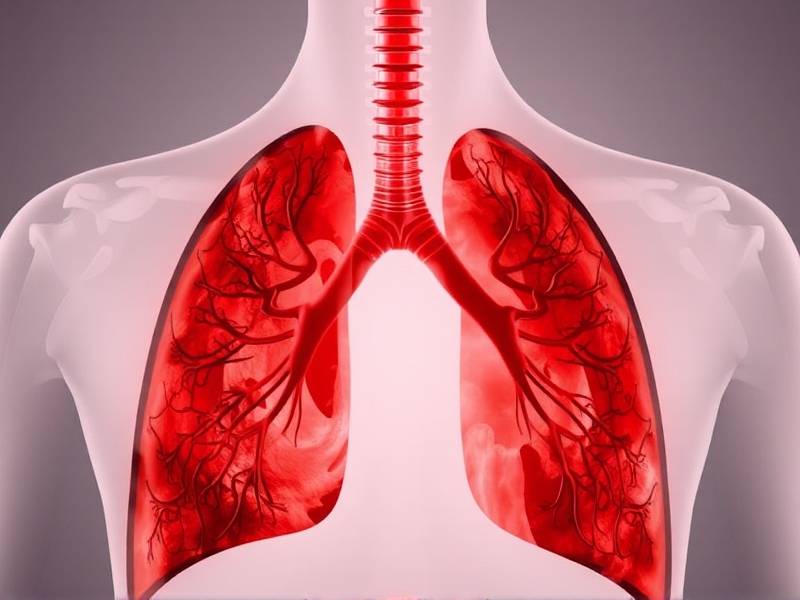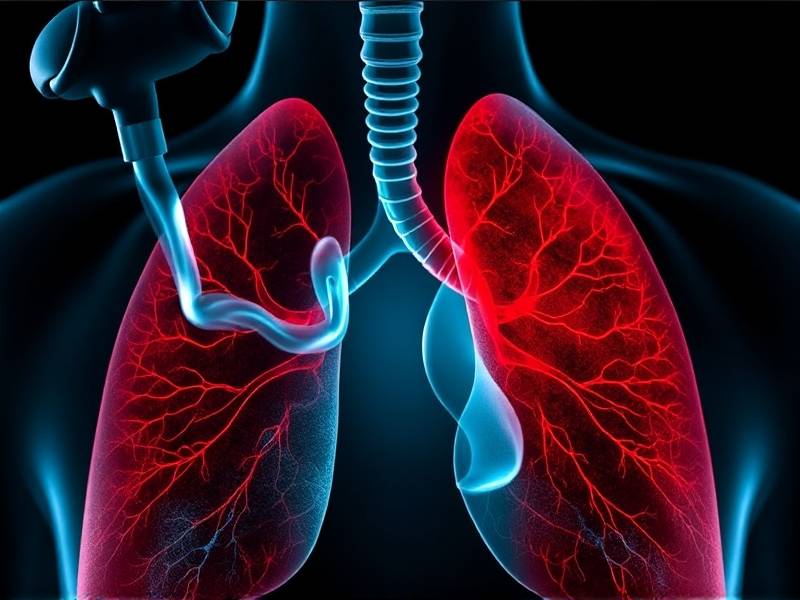Does COPD Get Better After You Quit Smoking? The Truth You Need to Know
Does COPD Get Better After You Quit Smoking? The Truth You Need to Know
Introduction: Chronic Obstructive Pulmonary Disease (COPD) is a serious lung condition that affects millions of people worldwide. For those who are smokers, quitting can be a challenging decision. But many wonder if quitting smoking can actually improve their COPD symptoms. In this article, we will explore the truth behind this question and provide valuable insights for those struggling with COPD.
-
Understanding COPD COPD is a progressive lung disease characterized by chronic inflammation and narrowing of the airways. It is primarily caused by long-term exposure to irritants, such as tobacco smoke. Symptoms include shortness of breath, coughing, and wheezing.

-
The Link Between Smoking and COPD Smoking is the leading cause of COPD, accounting for about 85% of all cases. The harmful chemicals in tobacco smoke irritate the lungs and damage the airways over time, leading to inflammation and further narrowing of the airways.
-
Can Quitting Smoking Improve COPD? The short answer is yes, quitting smoking can significantly improve your COPD symptoms and slow down the progression of the disease. Here's how:
a) Reduced Inflammation: By stopping smoking, you reduce the constant inflammation in your lungs, which can lead to less severe symptoms.
b) Improved Lung Function: Quitting smoking allows your lungs to begin healing and regaining some lost function.
c) Reduced Risk of Further Damage: Stopping smoking reduces your risk of developing additional lung diseases or complications associated with COPD.

- Benefits of Quitting Smoking for COPD Patients Quitting smoking offers numerous benefits for individuals with COPD:
a) Better Quality of Life: Many patients report an improvement in their overall well-being after quitting smoking.
b) Reduced Risk of Respiratory Infections: Smokers with COPD are more susceptible to respiratory infections like pneumonia and bronchitis.
c) Increased Longevity: Quitting smoking can significantly increase life expectancy for individuals with COPD.
- Overcoming Challenges Quitting smoking can be challenging due to nicotine addiction and withdrawal symptoms. However, there are various resources available to help you succeed:
a) Nicotine Replacement Therapy (NRT): NRT products like gum, patches, lozenges, inhalers, or nasal sprays can help alleviate withdrawal symptoms.
b) Behavioral Support: Joining a support group or seeking counseling from a healthcare professional can provide guidance and motivation.
c) Medications: Your doctor may prescribe medications to help manage symptoms and reduce inflammation associated with COPD.
Conclusion: In conclusion, quitting smoking is crucial for individuals with COPD as it can significantly improve their symptoms and slow down the progression of the disease. While it may be challenging, seeking support from healthcare professionals and utilizing available resources can make a significant difference in your journey towards better lung health. Don't wait—take control today!
